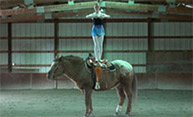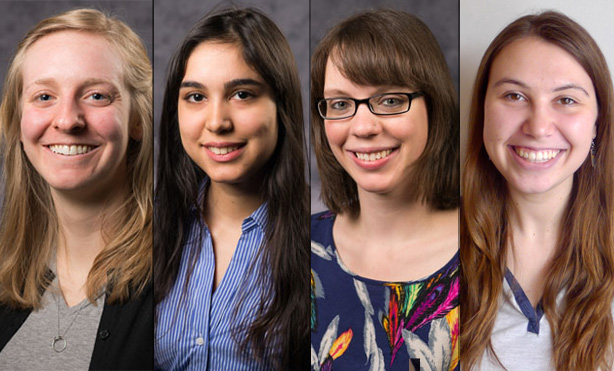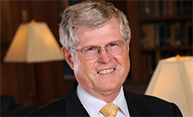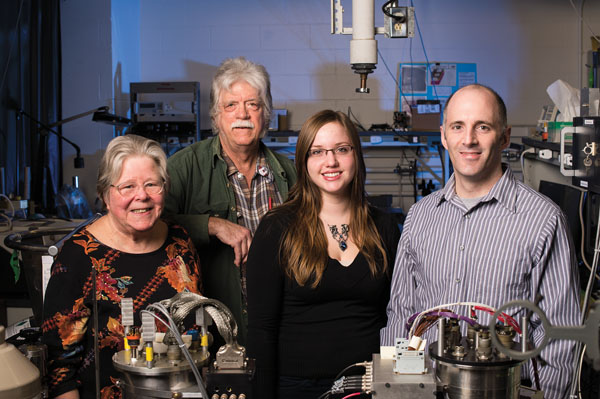
University Board Elects New Trustees
The University of Rochester Board of Trustees elected three new trustees at its May meeting.

Festival Highlights Student Filmmakers
A diverse group of 12 student films were presented at the 8th annual Gollin Film Festival on May 1, with the top three films winning $1,000 in cash prizes.

Nine Undergrads Get Internships in Germany
Sponsored by the German Academic Exchange Service (DAAD), RISE is an internship program for undergrads to conduct research in biology, chemistry, physics, earth sciences, and engineering.

Languages Scholars Adventure Abroad
Critical Language Scholarships are sponsored by the U.S. Department of State, Bureau of Educational and Cultural Affairs.
Students Head to Business Competitions Finals
Six teams from across the University system will advance to the New York Business Plan Competition statewide finals on April 26, where they will compete for $225,000 in cash and in-kind prizes.

Trustee Endows English Professorship
“It’s a privilege and a pleasure to be able to contribute in my small way to a department that enriched my life,” said Hilfiker. “I am a very proud and grateful alumnus.”

New Sensor Could Help Detect Asteroids Near Earth
The Near Earth Object Camera (NEOCam) sensor is a new infrared-light detector to improve the performance and efficiency of the next generation of space-based asteroid-hunting telescopes.

Student Innovators are Finalists for International da Vinci Award
With the MonoMano system, a rider can steer, brake, and shift gears on a recumbent tricycle with one hand.

Tweets Predict Lifestyle Influence on Health
At the heart of their work is how they are training an algorithm to distinguish between tweets that suggest the person tweeting is sick and those that don’t.

EVENT: Two Events Open A Season for Nonviolence
From January to April, community members from the Greater Rochester area will learn about and explore nonviolent practices.
